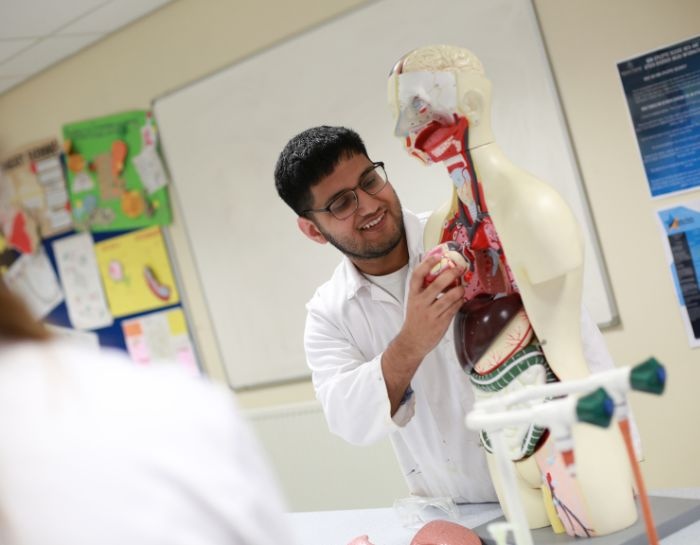
Did You Know?
A red blood cell only takes 20 seconds to circulate around the human body.
Key Information
Qualification
A-Level
Duration
Two Year Course
Examination Board
AQA
"Biology is such an immersive subject. We get to learn about the smallest details within our earth such as the tiniest cells in leaves or the receptors that work in our heart" - Julia Bello, upper sixth student
Qualification
A-Level
Assessment: 100% exam
PAPER 1 – Any content from topics 1–4, including relevant practical skills (35%)
A 2-hour exam comprised of a mixture of short and long answer question and extended response questions worth 15 marks
PAPER 2 – Any content from topics 5–8, including relevant practical skills (35%)
A 2-hour exam comprised of short-answer, data response and a comprehension question worth 15 marks
PAPER 3 – SYNOPTIC PAPER examining any content from topics 1–8, including relevant practical skills (30%)
A 2-hour exam comprised of structured questions, including practical techniques; critical analysis of given experimental data and one essay from a choice of two titles worth 25 marks
THE PRACTICAL ENDORSEMENT CERTIFICATE
Teachers assess practical competency over 5 skill areas : following instructions; designing experiments and carrying out practical techniques; working safely; presenting and analysing data and researching the science to explain experimental data, citing references used. By passing these skills through the completion of the 12 required practicals students will be awarded the Practical Endorsement Certificate, an entrance requirement for some university courses.
What do I need to study this course?
Grade 6 in two single science GCSEs (including biology) or grade 66 in GCSE Combined Science. You will also need a grade 5 in GCSE Maths and a grade 4 in GCSE English Language
What will I study?
A-level Biology aims to inspire students, nurture a passion for the subject, and lay the groundwork for further study. The topics you will study are: Biological Molecules, Cells, Organisms Exchange Substances With Their Environment, Genetic Information, Variation and Relationships Between Organisms, Energy Transfers in and Between Organisms, How Organisms Respond to Changes in Their Internal and External Environments, Genetics, Populations, Evolution and Ecosystems, and Control of Gene Expression. Successful completion of 12 required practicals will earn you a Practical Endorsement.
What next?
Career opportunities exist in a wide variety of sectors including medical professions, environmental biology, forensic science, industry, biotechnology, the Civil Service, research, and education.

 Website By Rejuvenate Digital
Website By Rejuvenate Digital